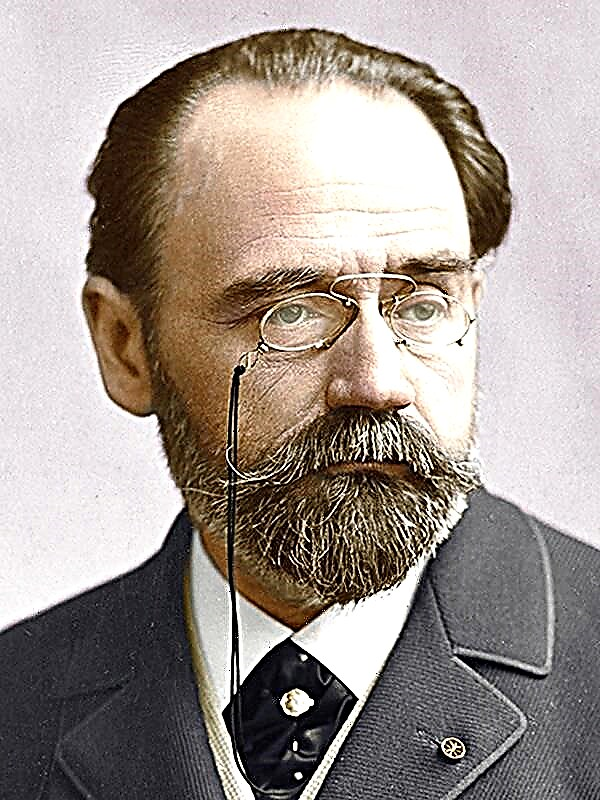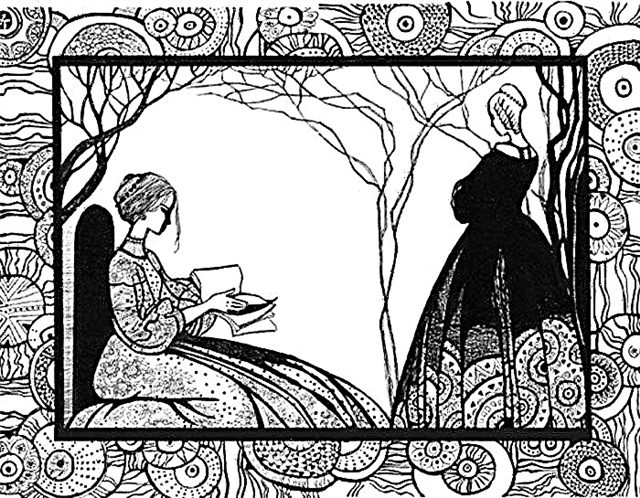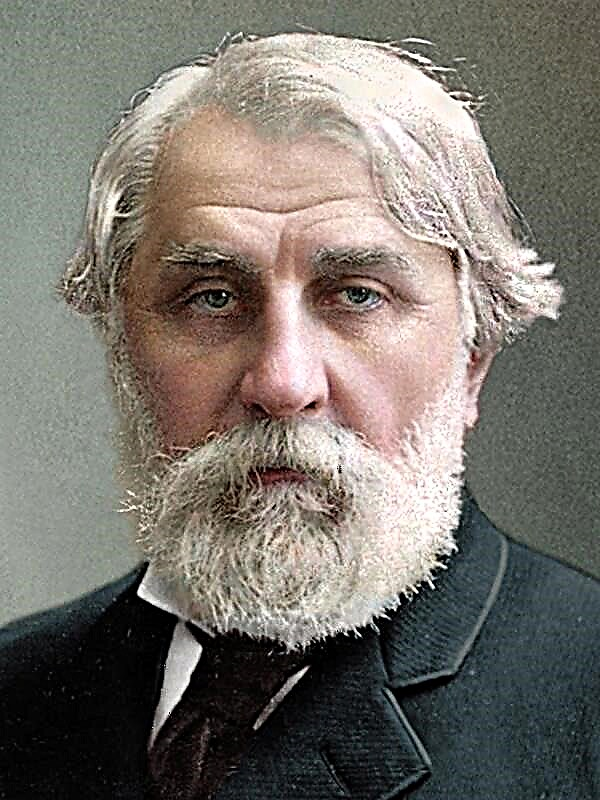(318 words) The generational conflict has been and remains one of the most relevant topics of classical and contemporary works. Why don't fathers and children understand each other? I think this is because different values are being inculcated in them. Times are changing rapidly, and not everyone can respond quickly to changes. There are many arguments from the literature in defense of this point of view.
Recall the work “Fathers and Sons” by I. S. Turgenev. The main character is a nihilist and daily is engaged in self-education. He believes that in life there is no place for idle curiosity, divorced from reality feelings, lofty dreams. He devotes himself to work. The ardent and romantic Kirsanov partially agrees with him. Parents of young people have very different views on the world. They can’t imagine how one can live without love and poetry, suppress passions and dreams in oneself. Professional pride is alien to them, because they are used to living in contentment and idleness. Therefore, conflicts arise between representatives of different generations. Sometimes they grow into something more serious. But young people do not give up their beliefs until life teaches them important lessons. Then the youth finds themselves in the conditions in which their ancestors were: Bazarov falls in love and reluctantly, and Kirsanov finds his happy love. Only then do they begin to understand the elders.
Another example is the work of Anatoly Rybakov “Children of the Arbat”. Yura Sharok quickly understands how to get better in life, and by all means achieves a good position. Parents, accustomed to living secretly, do not condemn Yuri, but they do not always approve of his actions. They are afraid, "no matter what happens." The hero is also in the grip of this fear, but soon realizes: in order not to be afraid of himself, you need to make him afraid of him. Such is the spirit of the new time - the time of fear and the dominance of totalitarian power. Parents grew up in different conditions, so they do not understand the behavior and worldview of their son.
Thus, a generational conflict does arise because of fundamental differences in the worldview of children and parents. It is changing due to new conditions that are easier for young people to adapt to. The faster the historical changes take place, the more obvious the gap between the representatives of the “elders” and “younger”.












